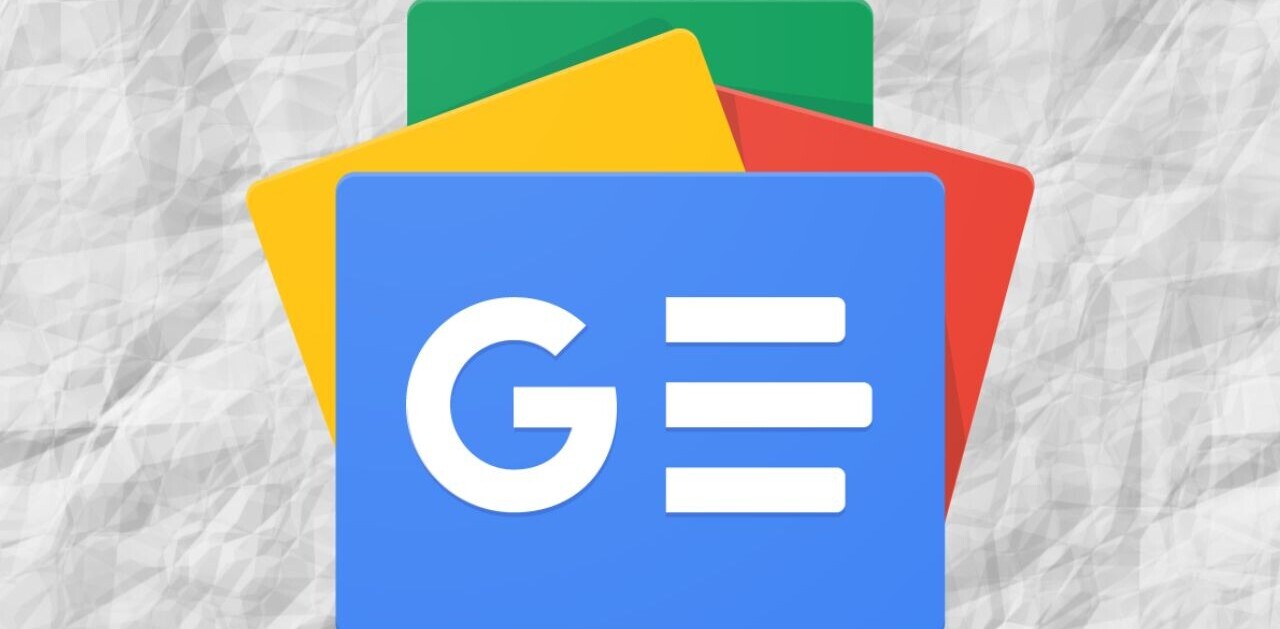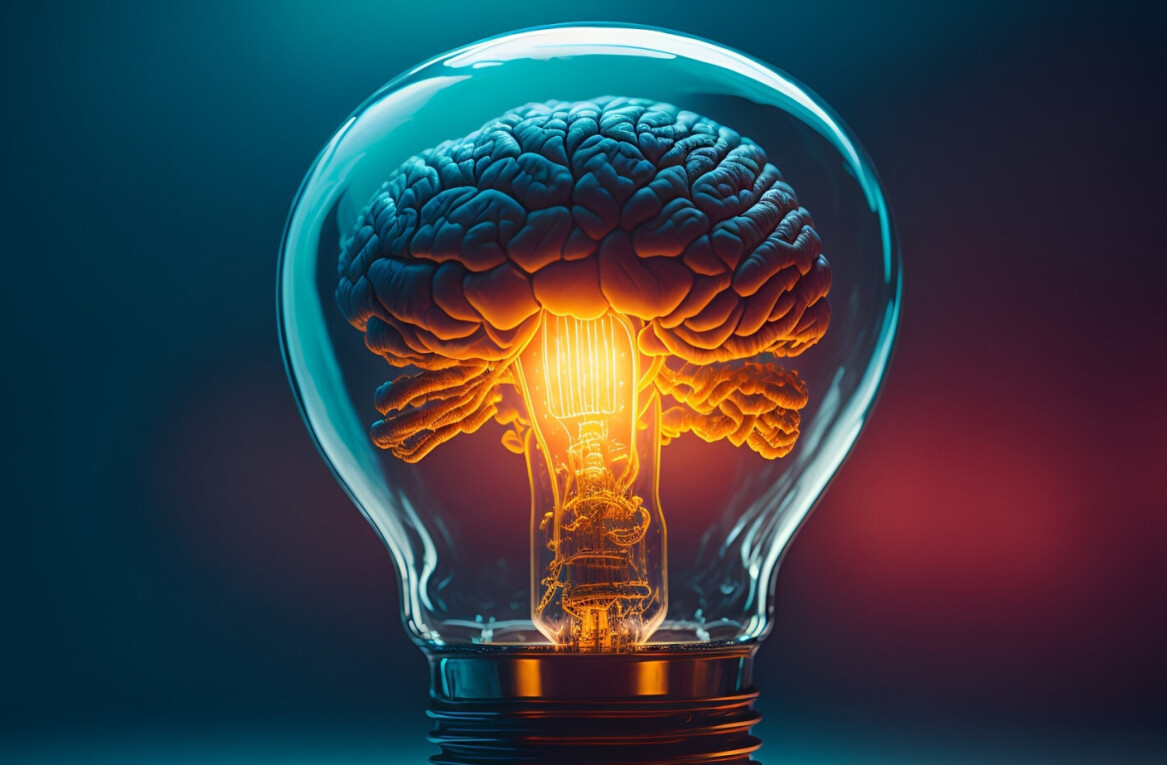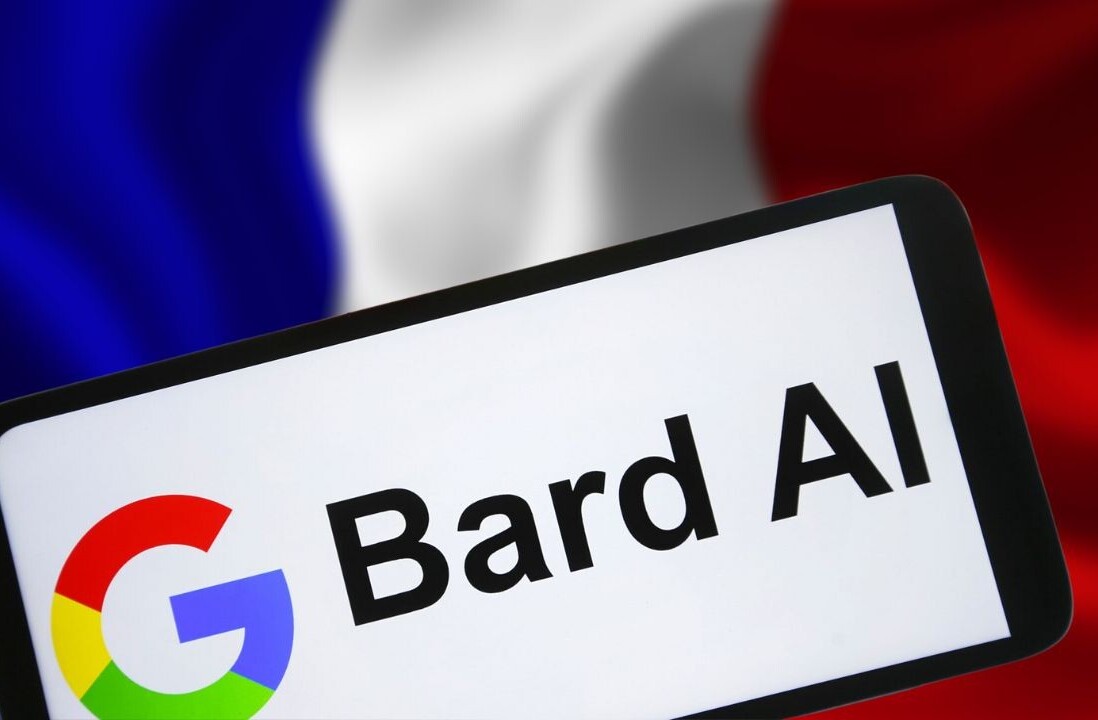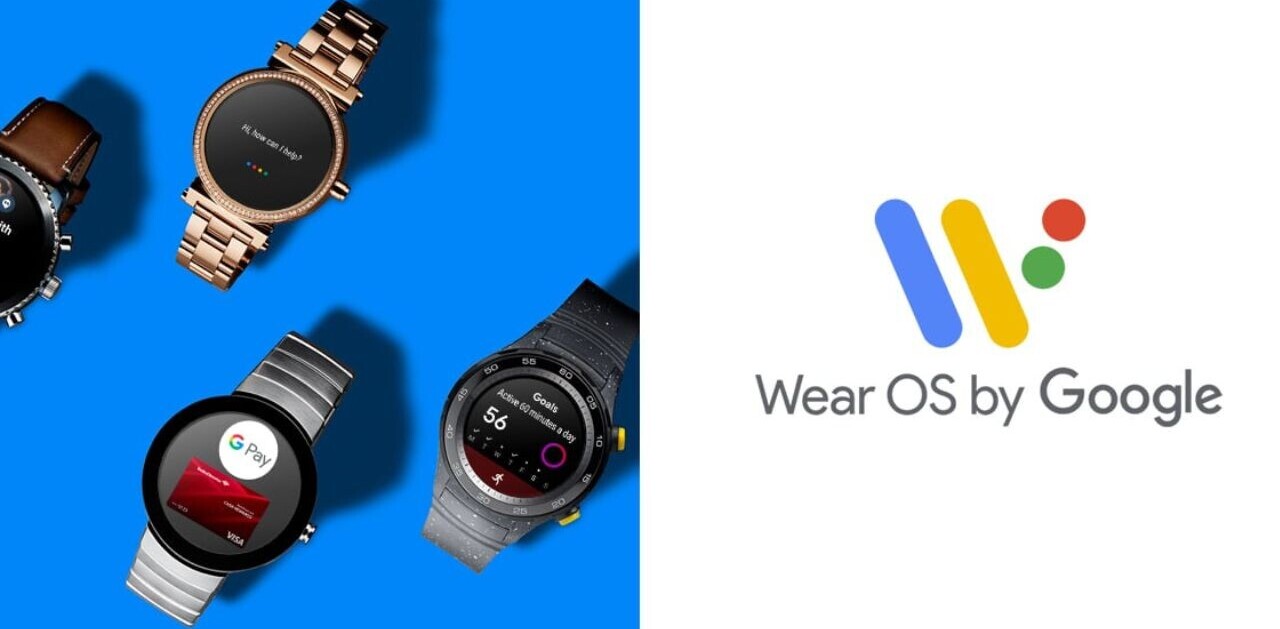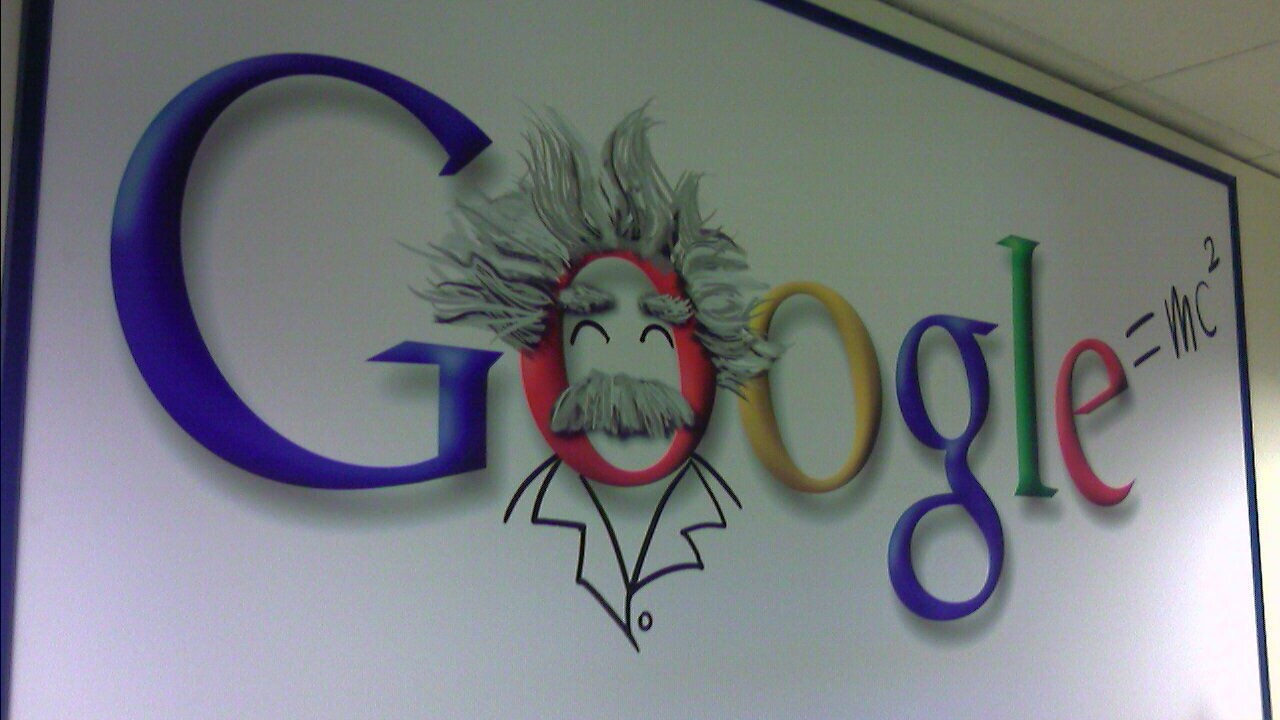
Google has established a brand new lab within NASA’s Ames Research Center to study how quantum computing might help solve some of the most challenging computer science problems and, ultimately, improve society (alongside Google products).
In a blog post, scientist and Google’s Director of Engineering, Hartmut Neven, explains that the goal of the new lab – which is dubbed the ‘Quantum Artificial Intelligence Lab’ – is to study how quantum computing might advance machine learning in particular:
Machine learning is all about building better models of the world to make more accurate predictions.
If we want to cure diseases, we need better models of how they develop. If we want to create effective environmental policies, we need better models of what’s happening to our climate.
And if we want to build a more useful search engine, we need to better understand spoken questions and what’s on the web so you get the best answer.
And that of course is Google’s bread and butter, although the lab will serve a much broader purpose than simply looking for ways for the company to maintain or improve its bottom line.
In fact, Google and the Universities Space Research Association (USRA ) will invite researchers from around the world to share time on a quantum computer from D-Wave Systems, which will be at the core of the new lab.
According to the latter company, its 512-qubit quantum computer, the D-Wave Two, will be available to researchers during Q3 2013.
Neven continues:
We’ve already developed some quantum machine learning algorithms. One produces very compact, efficient recognizers — very useful when you’re short on power, as on a mobile device. Another can handle highly polluted training data, where a high percentage of the examples are mislabeled, as they often are in the real world.
The lab, he adds, is meant to study whether some of the ideas Google or invited scientists have can move from theory to practice, and to come up with real solutions on quantum hardware:
“We hope it helps researchers construct more efficient and more accurate models for everything from speech recognition, to web search, to protein folding. We actually think quantum machine learning may provide the most creative problem-solving process under the known laws of physics.”
Related: Google CEO Larry Page speaks at I/O about competition and negativity in innovation
Image credit: Danny Sullivan / Flickr
Get the TNW newsletter
Get the most important tech news in your inbox each week.
